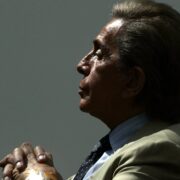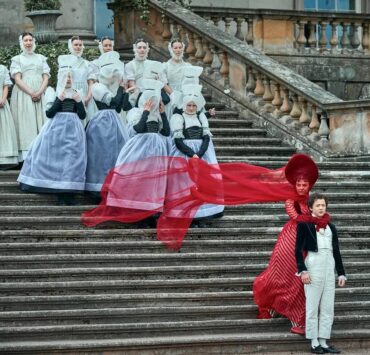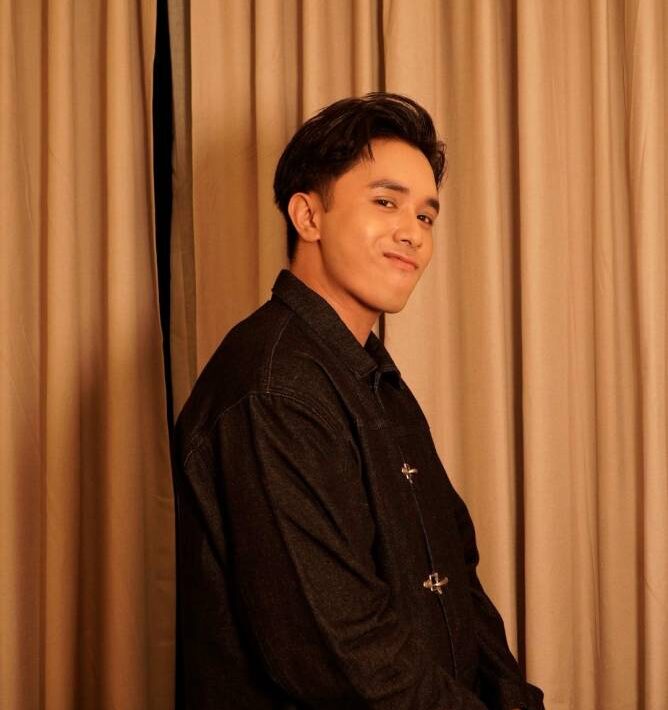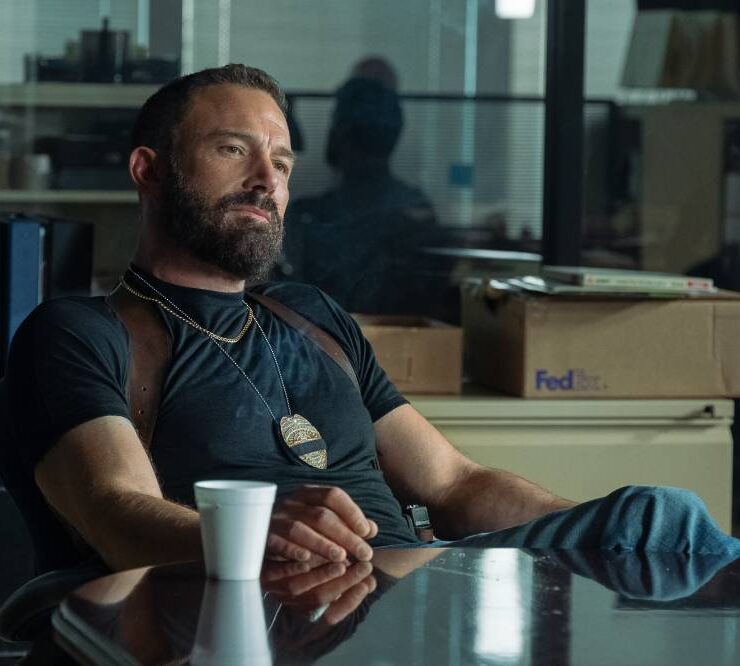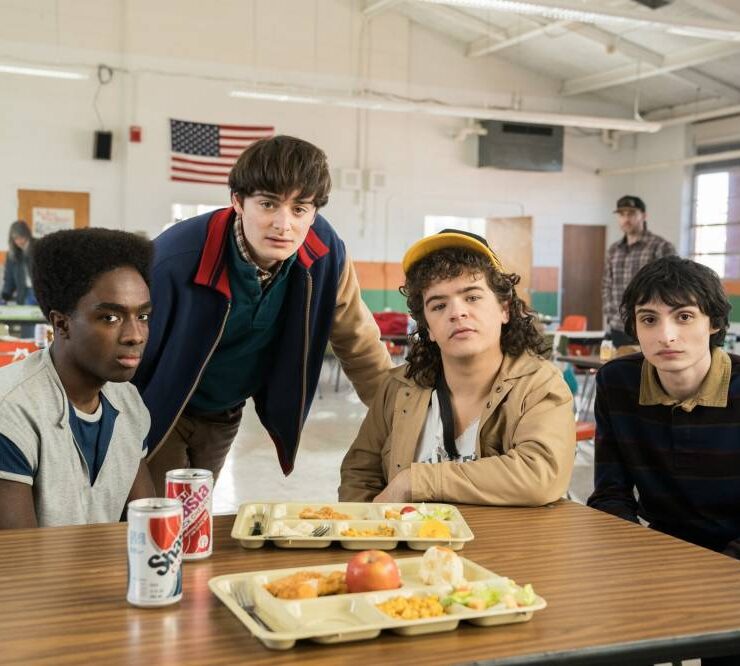Why ‘Ateng’ revival refuses to leave 2005 behind
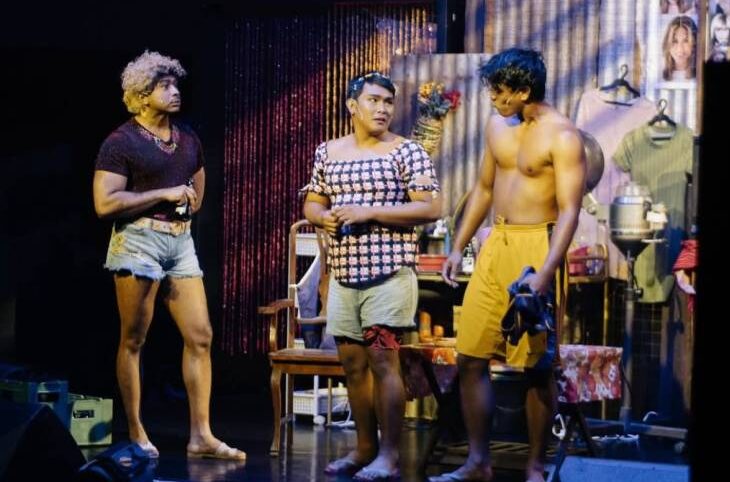
“Ateng,” the Palanca Award-winning play by Vincent de Jesus about queer life, class, and survival in 2005, has returned to the stage, not reworked for today, but preserved as a “period piece”—the better to measure just how much the LGBTQIA+ community has changed and what struggles still remain.
“Nag-iba na ba ang takbo ng buhay sa community? If so, how far have we really come? One step forward, two steps back? It’s a tango,” De Jesus says. “But hopefully, people can get a sense of what the milieu was like in 2005, so they can see the whole picture.”
Gay bashing
First staged as part of the inaugural Virgin Labfest two decades ago, “Ateng” is a one-act comedy set during a stormy night in Marikina that same year. The household breadwinner and parlorista, Kiwi/Ateng (De Jesus, Thou Reyes), finds out that the electricity bill money has been squandered by her younger sibling, Juicy (Jason Barcial, Io Balanon), an aspiring gay impersonator, who gave it to his opportunistic lover, Onyx (Kokoy de Santos, Dyas Adarlo).
While the spat is initially sparked by money, it inevitably exposes long-brewing family and romantic tensions. As tempers flare and loyalties get tested, other pressing issues come into play—power struggles, toxic masculinity, and the transactional nature of love. Kiwi sees what her brother doesn’t, and so she must navigate the fine line between protecting him and upholding their dignity.
The impetus for the story came to De Jesus during a workshop with acclaimed playwright and author Rene Villanueva, wherein he was tasked to use news clippings as a jump-off point and create a fictionalized backstory. He gravitated toward an item about gay bashing, something he observed was prevalent at the time.
“You would hear about gay people getting beaten up just because they had makeup on—that’s how violent it was. Ganoon kasalimuot ang buhay at pagiging bading noon,” De Jesus says.
In fact, this is an experience he and Phil Noble—the play’s original director—know all too well. De Jesus recalls that after his occasional sleepovers at Noble’s place, his good friend would buy pandesal in the mornings, and he would have to run from the house and back, because he would get heckled at nearly every turn: “Bakla! Bakla”
“And he didn’t even wear makeup,” De Jesus says.
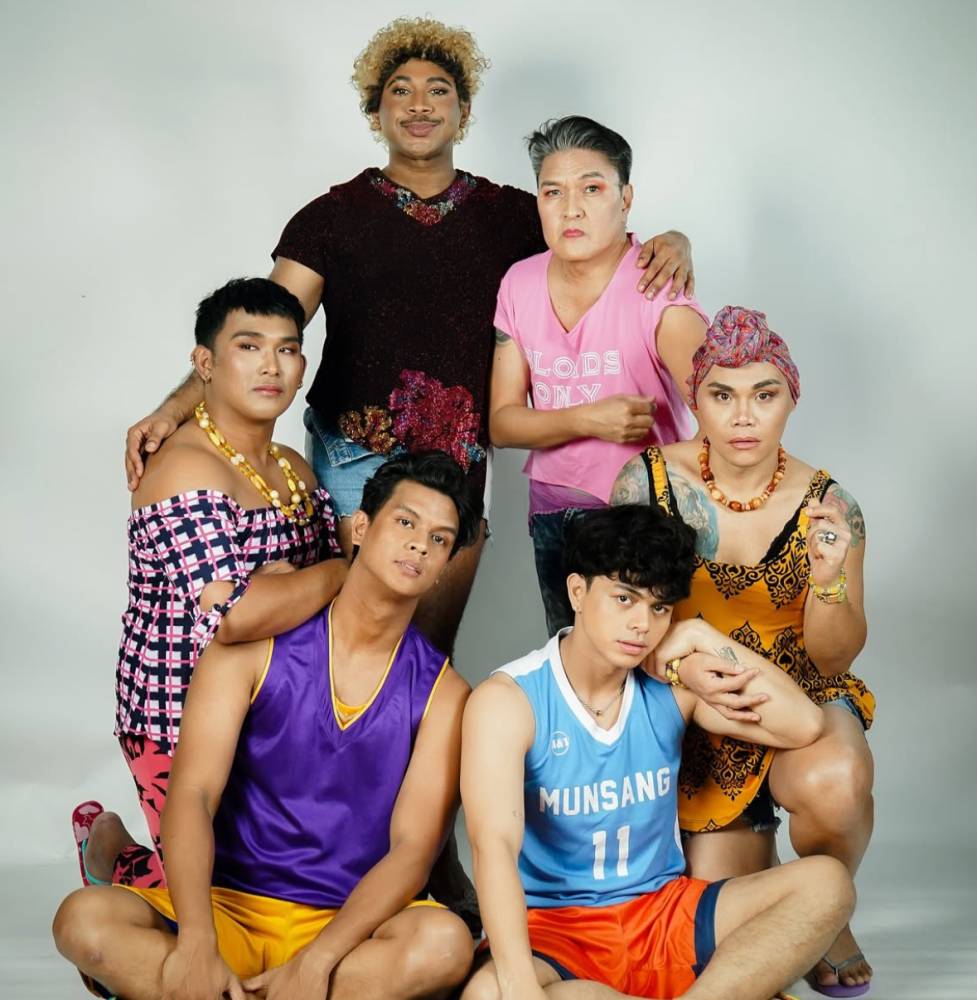
Grounded in truth
While “Ateng” depicts both societal threats and physical violence, its dramatic core hinges on emotional abuse and power struggles. The characters all live in poverty, but there’s a hierarchy still in place. Everyone hopes to climb a different rung on the social ladder, but in the process, they end up pulling each other down and, at times, are forced into moral corruption.
They all have something to lose, and they try their hardest not to lose it.
“Nagpapataasan sila. Ang bading ba ang mas nakakaangat dahil may kaunti siyang pera, o ‘yung lalaki na ang currency ay ang kanyang good looks?” De Jesus says. “Everyone is a product, and can be a victim, of society. How do you survive and cope? Minsan, kapag wala kang makapitan, nagiging corrupt ka.”
All this plays out through dark comedy. But the laughter, as uproarious as it is, is mostly on the surface, says director Rem Zamora (“Changing Partners,” also by De Jesus). “Our approach doesn’t necessarily lean on comedy, but the comedy happens anyway, because it’s grounded in truth,” he says. “And whether or not you laugh at their situation says something about us as individuals.”
The play’s runtime has been expanded from 50 minutes to 90 minutes, but the script largely retains its 2005 context and zeitgeist. While De Jesus and those old enough to have lived through that period feel “like it all happened just yesterday,” its younger actors and viewers—their target audience—may find it unfamiliar at first, but ultimately familiar.
“I wanted to keep it as close to the original as possible. This is a period in history, and history always teaches us lessons,” Zamora says.
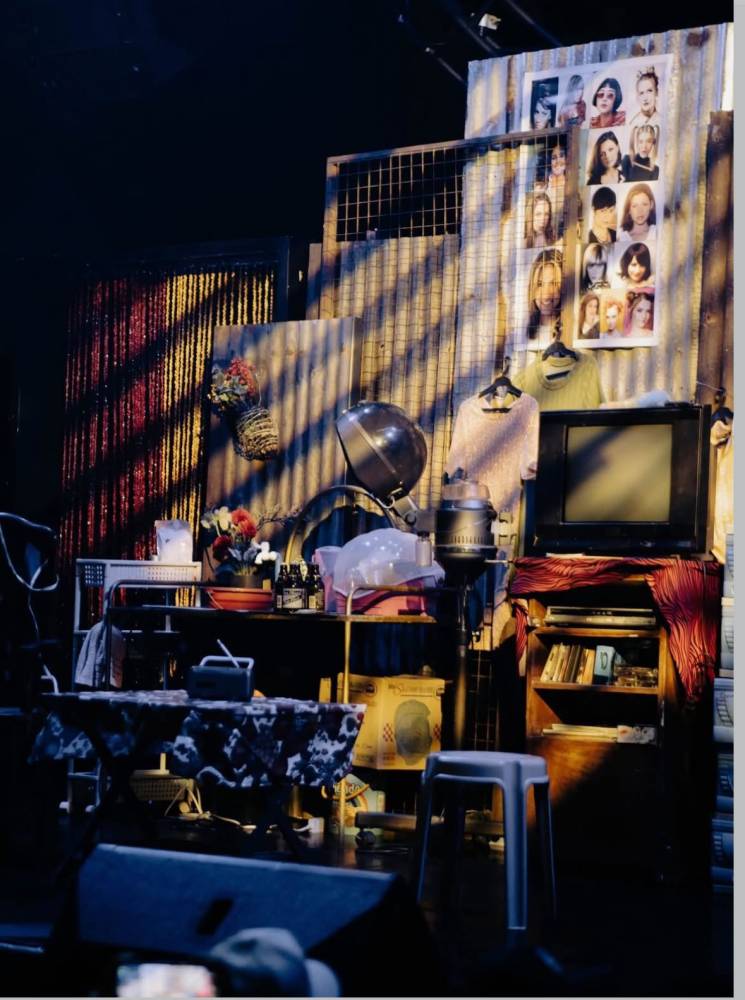
Carrying the torch
As such, staging “Ateng” at Rampa Drag Club in Quezon City—where it runs until Dec. 7—makes perfect sense, De Jesus adds. The show features elements of drag, which have become very popular today, but not exactly in the way young audiences know it. “Back then, we had impersonators. They might wonder: Bakit hindi sila glamorous? Why aren’t they on fleek?” he says. “But watching it, they will realize, ‘Ah kaya pala, kasi there were fewer options and choices then.’”
By showing slivers of the past, the play paints a clearer picture—not only of the LGBTQIA+ community, but of life and society as a whole. It’s important for the youth to know this story and embrace history, even if it’s just snippets of the past, producer Boy Abunda says—if only to help them realize that they are where they are now because of the atengs who came before them.
And with this perspective, Abunda believes the youth will be better equipped to continue conversations about queer experiences. After all, the torch will be theirs to carry.
“Ayokong maputol ang pag-uusap tungkol sa maraming issues na kinakaharap ng komunidad. Conversations can lead to better understanding,” the seasoned television host says, adding that reviving “Ateng” is his way of amplifying calls for equality and reinforcing the fight against prejudice and abuse.
“Malayo na pero marami pang dapat mangyari,” he adds.









